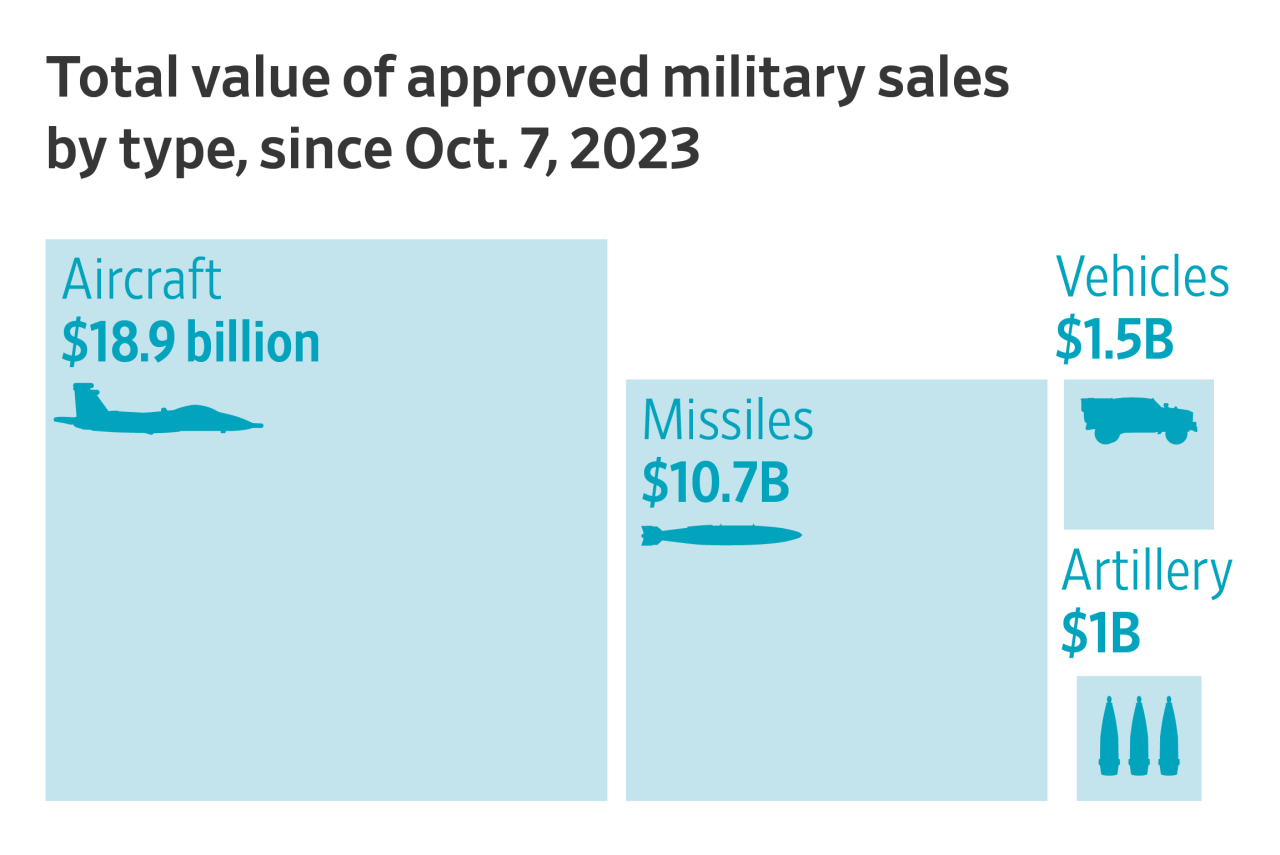The ongoing conflict in Gaza has proven to be a lucrative opportunity for several American companies, generating billions in sales as military operations escalate. According to industry estimates, U.S. firms have reported substantial increases in military contracts and defense-related sales, with revenues reaching well over $3 billion in recent months.
American defense contractors such as Lockheed Martin, Raytheon Technologies, and General Dynamics have seen significant growth in demand for their products. This surge is primarily driven by heightened military activity in the region and increased support for Israel, including a recent infusion of $1.15 billion in military aid from the U.S. government.
Defense Spending on the Rise
As the situation in Gaza intensifies, the urgency for military supplies has reached new heights. Reports indicate that the U.S. government is likely to expedite contracts for advanced weaponry and military systems. This trend is not only benefiting established giants like Northrop Grumman but also smaller firms specializing in defense technology and support services.
The support for Israel, which includes a budget of $3 billion allocated annually, reinforces the financial viability of these companies. The ongoing conflict has led to significant demand for aerial munitions, missile defense systems, and communication technologies, all of which are produced by U.S. manufacturers.
Impact on Global Markets
The financial inflow from defense contracts has broader implications for global markets. As American companies ramp up production to meet demand, stock prices have begun to reflect this surge. For instance, shares of Raytheon Technologies have risen by over 15% since the onset of increased military engagements in the region.
This increase in defense spending is not without controversy. Critics argue that the financial gains made by these companies come at a time of humanitarian crisis in Gaza. The conflict has resulted in significant civilian casualties and widespread destruction, raising ethical questions about the role of defense contractors in global conflicts.
In addition to immediate financial returns, U.S. companies are also looking toward long-term partnerships with allied nations in the region. As military strategies evolve, the demand for high-tech military solutions is likely to persist, ensuring a steady stream of revenue for these firms.
The ongoing situation in Gaza underscores a complex interplay between conflict and commerce, as U.S. companies continue to thrive amidst the turmoil. While these developments signal a strong market for defense contractors, they also highlight the urgent need for dialogue and resolution in the region.
